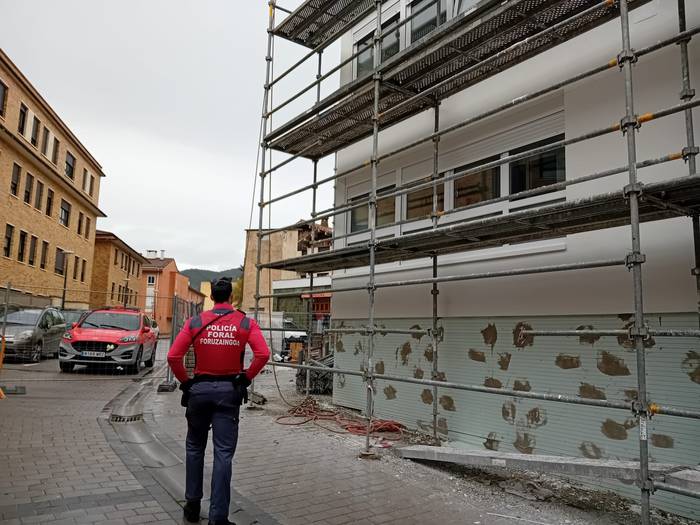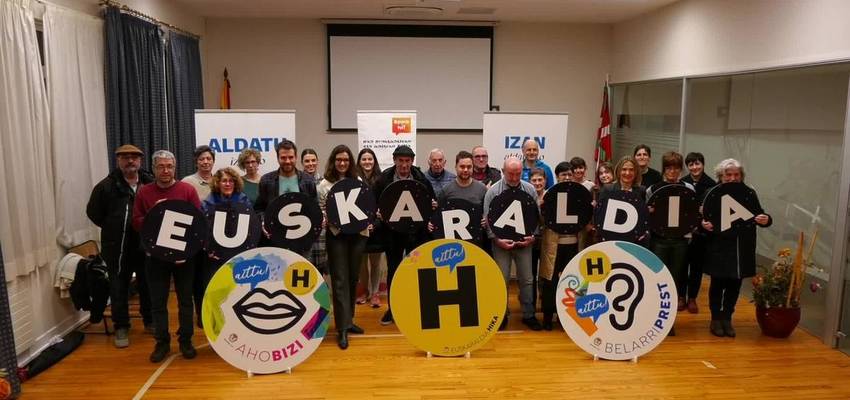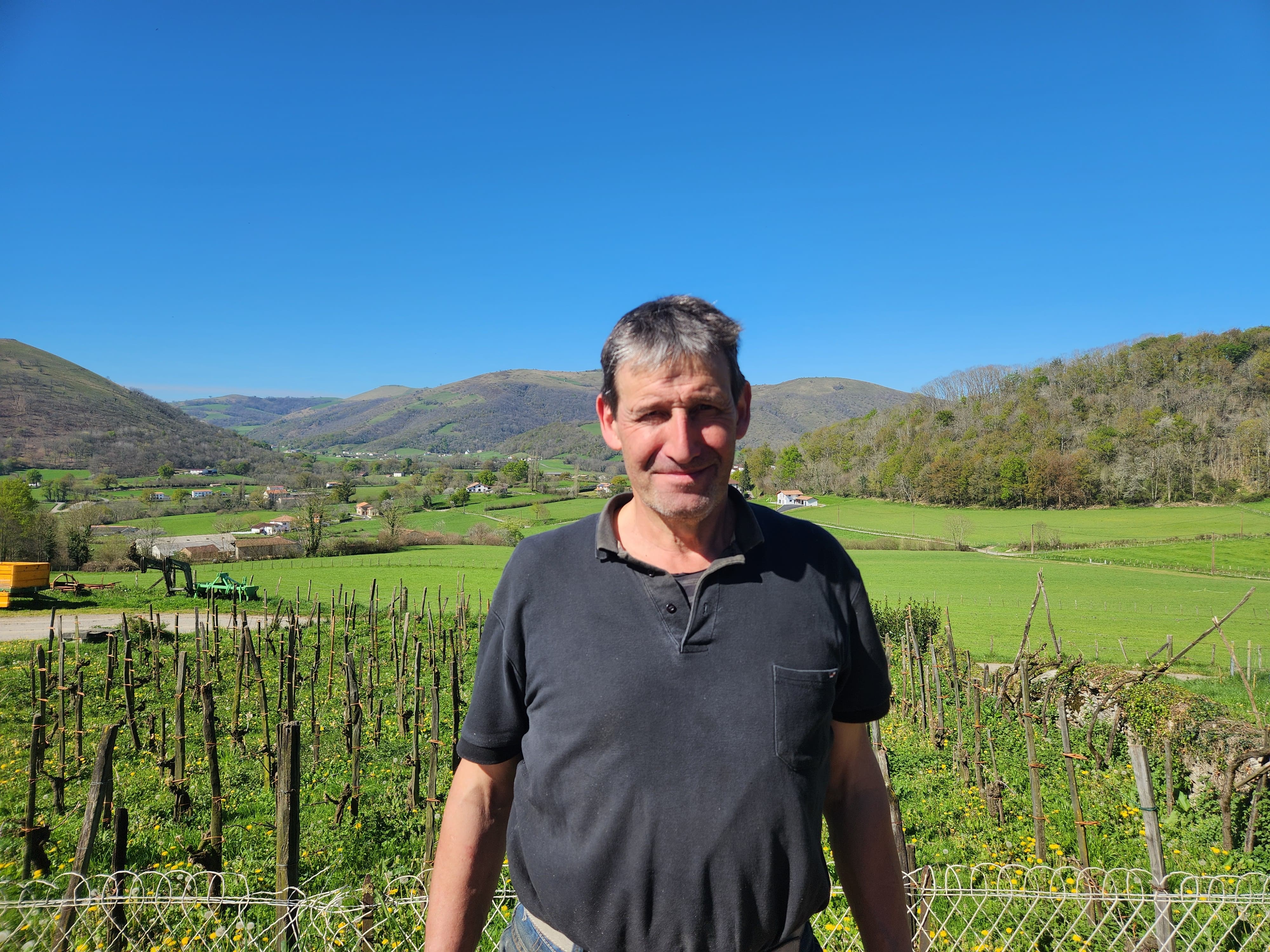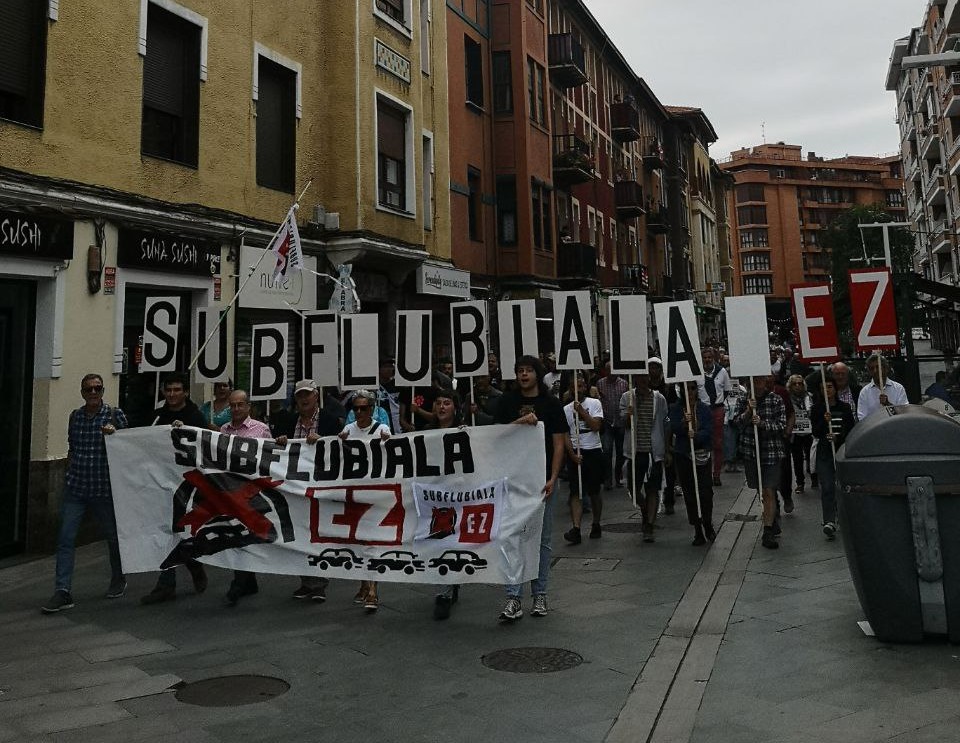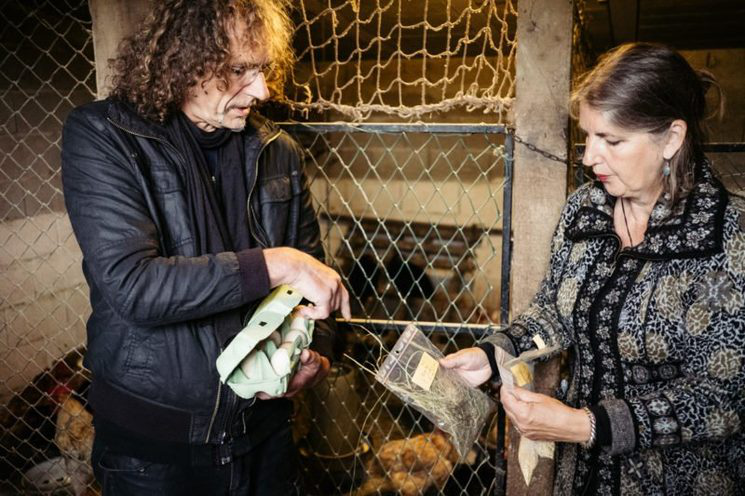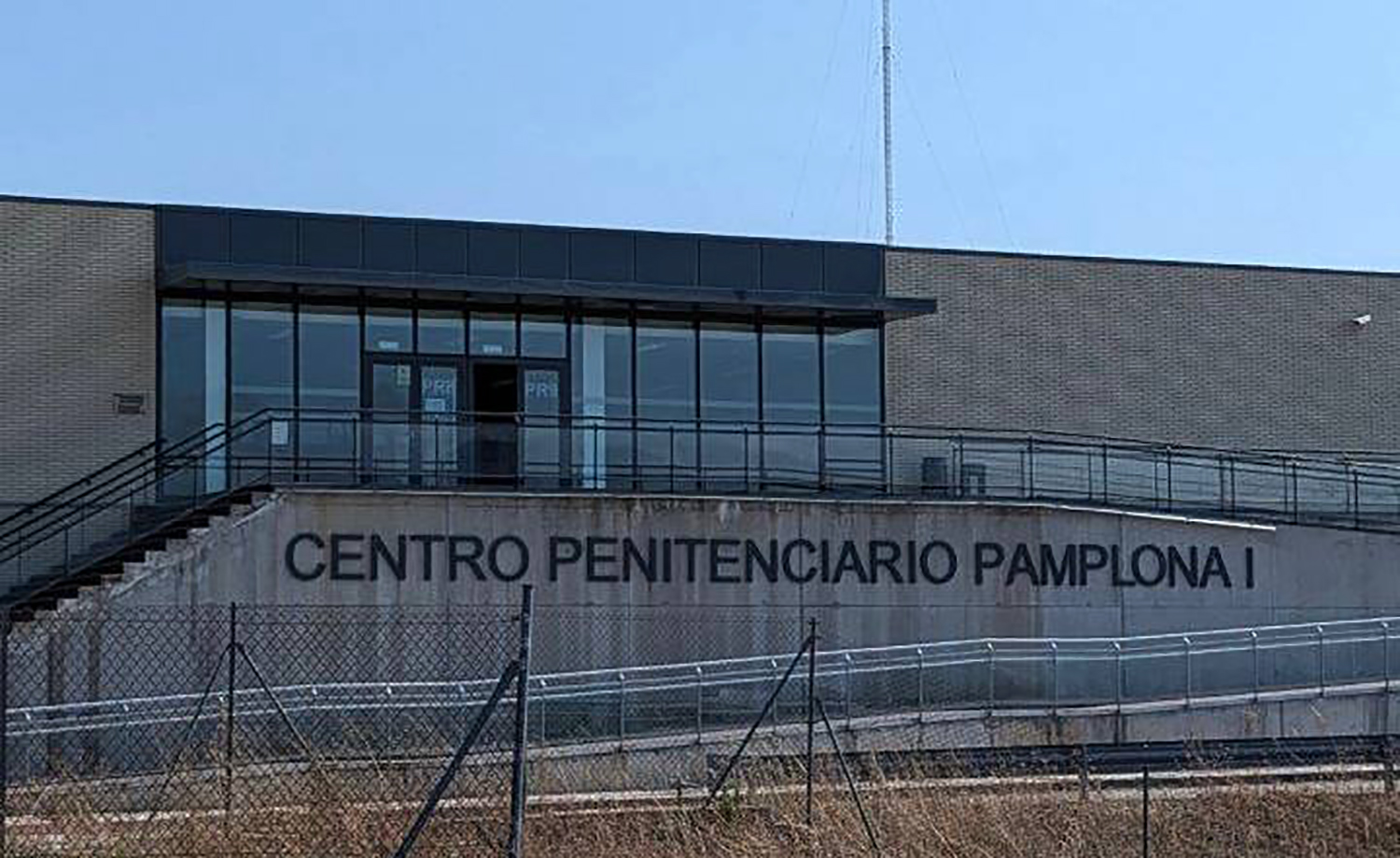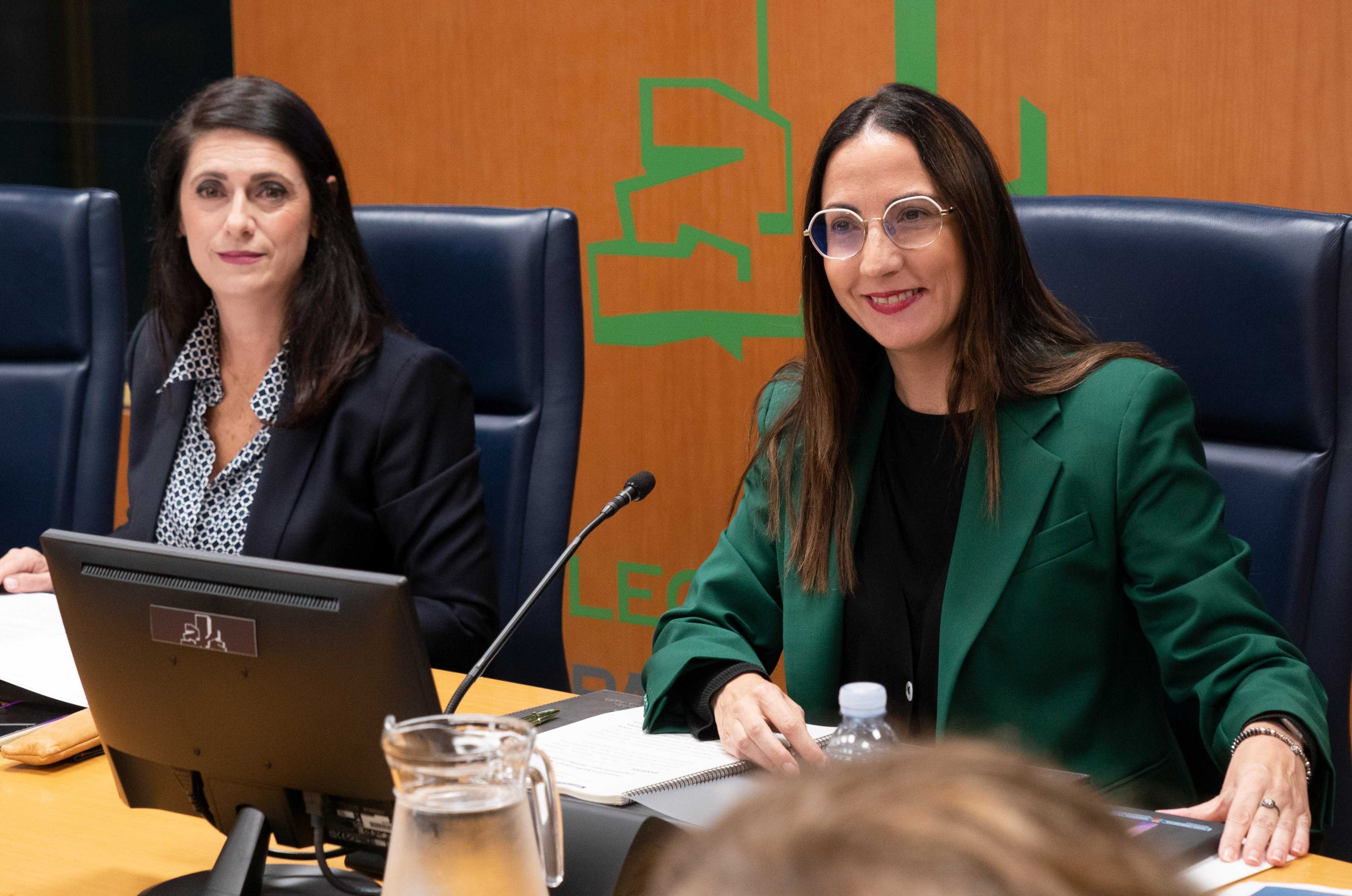"Basque food, music and sport are what interests young Japanese people"
- He's a study economist, but Sho Hagio works in the field of sociology. Attending his studies at the University of Tokyo, he had his first encounter with the Basque Country. From there began a close relationship with Euskal Herria. It will not take long to arrive.
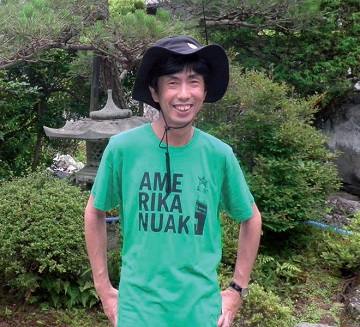
Sho Hagio became fully self-Euskaldunified in several rooms and investigated the social movement for the recovery of Euskera. She currently teaches Euskal Herria at the University of Nagoya and is finishing a book on Euskal Herria.
In recent times he has not spoken much and says that his Basque is quite rusty. But it unfolds perfectly, with a special pronunciation. He has kindly received us and taught us the surroundings of Kyoto. In the tranquility of the temples and gardens, it explains many things that are invisible to our eyes. We've rested in a tea house and then we've put the recorder in motion.
Why did you start learning Basque in Japan?
I have been asked many times, and I do not have a clear answer. I would say I started out with intellectual curiosity. Over 25 years ago, I found myself in a university in Tokyo, casually, a special, unofficial course, and I started. The professor was Suzuko Tamura, a current honorary member of the Basque Language Academy.
How were the first steps?
The teacher used the communicative method, which at that time was very rare in Japan. We were four or five students in the course and we met once a week, we received the classes for 90 minutes, just in Basque. On the first day the teacher taught me two words, “yes” and “no”. We learned using the Jalgi Hadi method and listening to things, it wasn't home work.
And from there he went to Euskal Herria ...
Yes, so after two years I went to Euskal Herria by train from Paris to Hendaia. There were six young people; all of a sudden the Birds of Mikel Laboa started singing. I already knew that song, because I had learned it in Japan and I participated in it. They were very surprised, that was my first relationship with the Basques. I was invited to his house, Zumaia, so my relationship with Euskal Herria began. From there, I took the courses in various Euskaltegis and barnetegis.
With the dominance of the Basque Country, and returning to Japan, how did you manage to keep the Basque alive? Internet no, and around a few Euskaldunes...
Mostly writing letters, I didn't have a chance to have a conversation. Therefore, although I went to Euskal Herria every two or three years, when I arrived there, the first days I had difficulty speaking in Euskera. But thanks to the Basques, I have been able to keep the Basque alive.
And have you never felt the risk of losing Euskera?
You haven't let me do that [laughs].
Driven by your passion for Euskal Herria, a few years ago you participated in the Euskal Etxea of Tokyo.
It was founded two or three years ago, powered by Basques and a few Japanese, and I collaborate as an advisor in the Basque Country Etxea. The main objective is to strengthen ties between Euskal Herria and Japan if the Basques residing in the Japanese country approach Japan. That was our intention, but because of this year's earthquake and the nuclear tragedy, most Basques left Japan, some because they lost their jobs, some because they didn't feel safe. The situation in the Basque Country Etxea in Tokyo is not very good, but from now on we will try to get it back on track.
Your case is exceptional in Japan. In general, what do the Japanese know about the Basque Country and the Basque Country?
Unfortunately, as in the rest of the world, the main news we receive here is that related to ETA. In recent years, especially thanks to the Guggenheim Museum, the image of Euskal Herria has changed a lot in plain sight. Twenty years ago, the interests of the Japanese with the Basque Country were, above all, related to language or politics. This is not the case today, what I call the trinity of Basque culture is what is most interesting: Basque food, Basque music, and Basque sport. They are the ones who are interested today in the young Japanese in the Basque Country.
For the Japanese to have more information about Euskal Herria, you're preparing a book.
Two or three years ago I was asked to write a similar book, but I'm pretty lazy, and I'm still not finished [laughs]. I am not happy with the Japanese books on the Basque Country. I hope that you will be ready by the end of this year or the beginning of the next year.
She teaches a course at Nagoya University. What do you work?
The central issues are identity, the Basque political diaspora and territoriality. We received the help of the Japanese Government, but officially I cannot give a subject on the Basque Country. So we use the word diaspora to somehow hide what the true nature of the course is.
In Japan, the main language is Japanese, but there are other languages.
Here are two main linguistic communities. In northern Japan there are populations of eels. Your language has nothing to do with Japanese. Verbal declinations are similar to those of the Basque Country, and the linguists of the nineteenth century affirmed that the relationship between the Basque Country and the Ainuera was real. By the end of the twentieth century, a law guaranteed its linguistic and cultural rights. Today, if it is a linguistic recovery movement among the Ainus, especially among young people.
The second major linguistic community is at the other end, south, in Okinawa. Some say it's the dialect of the Japanese language. Others, on the other hand, say that it is an independent language; I do not know who is right. Historically, Okinawa has been a sort of colony, they felt crushed. That is why his sentiment has always been against the main Japanese island, and the movement to save his language is more political than social.
I'm talking about Interview. With water and sand
Authors: Telmo Irureta and Mireia Gabilondo.
The actors: Telmo Irureta and Dorleta Urretabizkaia.
Directed by: Assisted by Mireia Gabilondo.
The company is: The temptation.
When: April 2nd.
In which: At the Victoria Eugenia... [+]
Euskal Herriko Laborantza Ganberak hogei urte bete ditu. 2005ean sorturik, bataila anitzetatik pasa da Ainiza-Monjoloseko erakundea. Epaiketak, sustengu kanpainak edota Lurramaren sortzea, gorabehera ainitz izan ditu hogei urtez.













